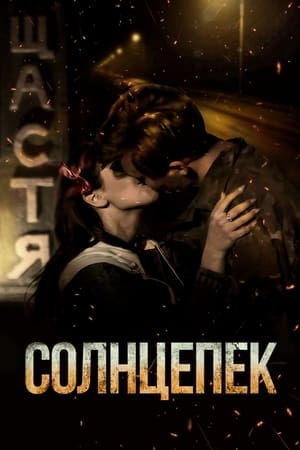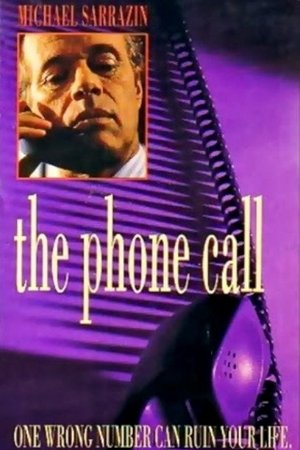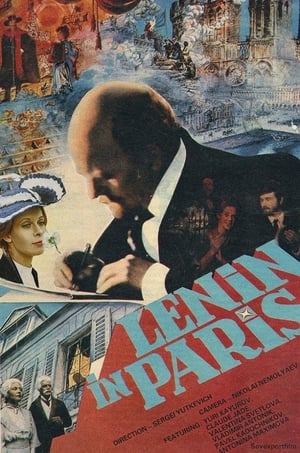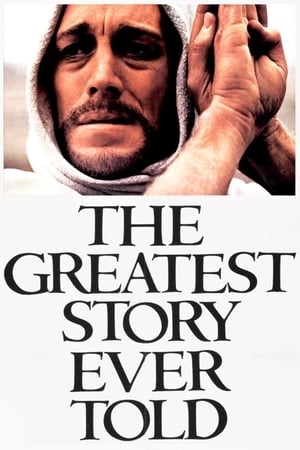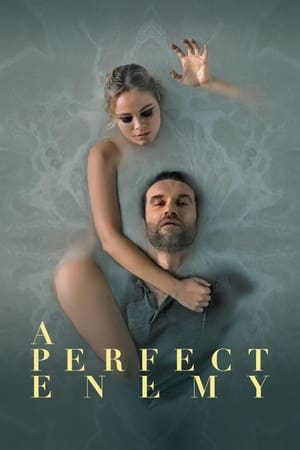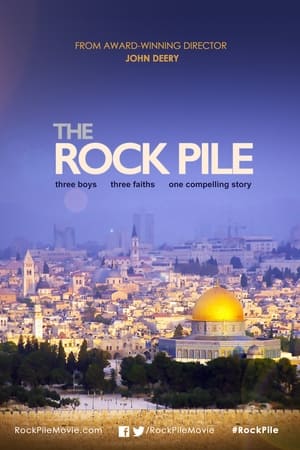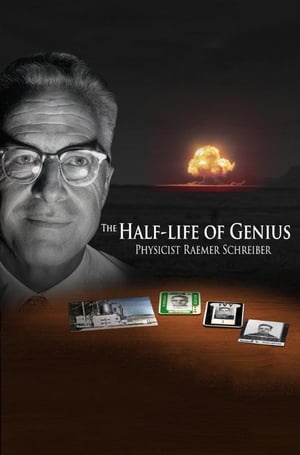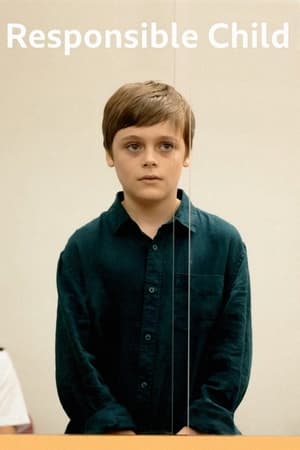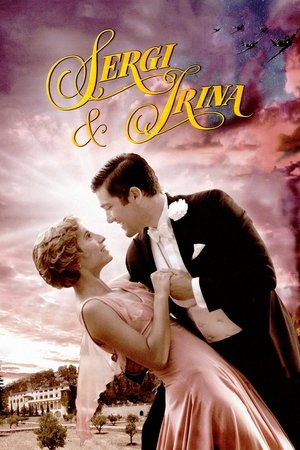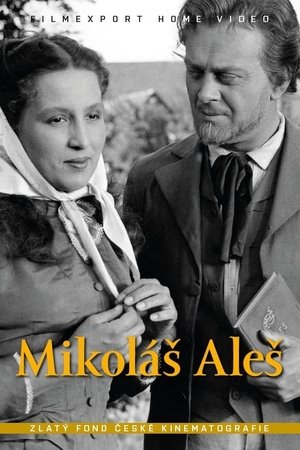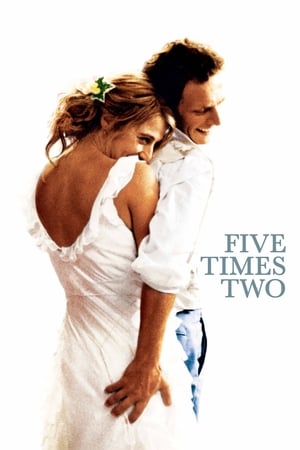Directed by Morten Tyldum and written by Graham Moore, The Imitation Game is a historical drama based on the 1983 book about Alan Turing, Alan Turing: The Enigma, written by Andrew Hodges.
The movie world is replete with Silicon Valley biopics, and it might seem that this genre has become boring in recent years, but in reality, the caption “Based on a true story” still captures our attention.
This time, the spotlight belongs to Alan Turing, the brilliant mathematician, cryptographer, and simply a decent person, who laid the foundation for future tech titans and whose work paved the way for the appearance of first computers. It is difficult to underestimate his scientific achievements as even the most prestigious award in this field is named after him.
The Imitation Game is set during World War II, when Turing finds a way to apply his cryptography skills by creating Bombe, an electro-mechanical device used by the British cryptologists to help decipher the Nazis’ Enigma code. The whole movie is dedicated to this chapter of the genius’ life, along with his repressed boarding-school years and his final days in the 50s of the last century as he faced prosecution for homosexuality.
The movie creators distorted many real events for the sake of entertainment. It doesn't make the film worse, but it should be noted that Turing, played by Benedict Cumberbatch, never existed. So even though The Imitation Game has a real historical basis, it is more of a great and inspirational story rather than pure facts.
And yet the movie version of Alan Turing is exciting to watch. In fact, Cumberbatch became pretty fixated on its character during the filming. He replicated the scientist’s stutter and even began running like him, although it was quite challenging.
By the end of the movie, Alan’s character reveals his emotional side, sharing inner experiences and feelings and making viewers ponder: “Who are you, Alan Turing? A human being or a robot?”
Real Turing is said to be a weirdo rather than an arrogant person. He used to wear a gas mask to work so as not to suffer from allergies and attach his mug to a battery to make sure no one would steal it. But the bottom line of the film is that it is such weirdos and strange people who make a difference and make our world a better place.
The Imitation Game is stuck between being a biopic and a Hollywood drama, and some might actually find it too conventionally Hollywood with distorted facts and on-the-nose metaphors. But if you focus on Cumberbatch’s hypnotically complex performance and the film’s main message, you will discover a captivating movie with an important idea and a talented character, whose transformations are extremely exciting to watch.

 113 min
113 min
 7.987
7.987
 2014
2014
 USA
USA
 Aaaidan wrote:
Aaaidan wrote:

